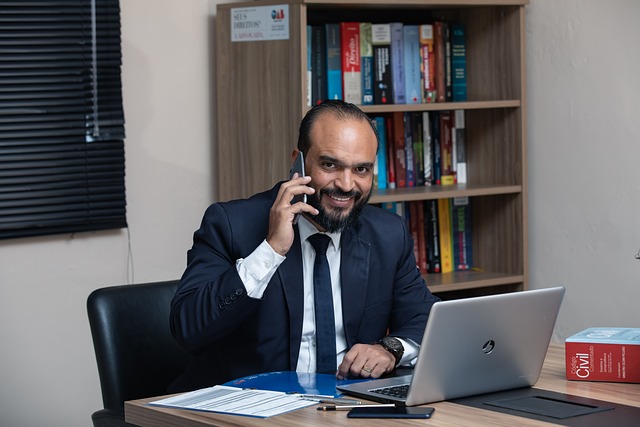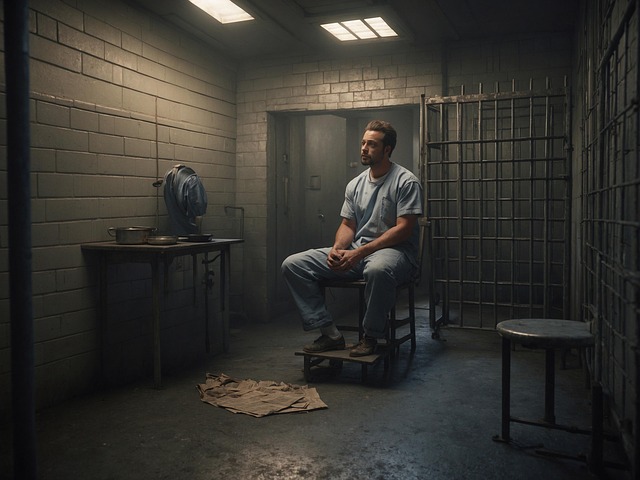Specialized knowledge in criminal proceedings is key to ensuring fair treatment. Lawyers with this expertise identify and combat unconscious biases in jurors, judges, and police based on race, gender, or socio-economic status. They use strategic tactics like cross-examination, expert testimony, and legal research for impartial trials. This expertise involves navigating laws, understanding the justice system, psychological insights, and interpreting evidence. Building client relationships, staying informed on precedents, and collaborating with groups widens access to quality representation. A multi-faceted approach combines legal strategy, social context understanding, and systemic changes to promote fairness in criminal defense.
In the pursuit of justice, advocating for fair treatment in criminal defense cases is paramount. Understanding bias in criminal proceedings, where unconscious biases can influence judges, prosecutors, and juries, is crucial. The article delves into the vital role of expertise in ensuring fair defense strategies. It explores techniques to safeguard equal treatment, emphasizing the comprehensive approach needed to advocate for justice. By leveraging criminal proceedings expertise, we can navigate complexities, challenge unfair practices, and ensure every defendant receives a just trial.
- Understanding Bias in Criminal Proceedings
- The Role of Expertise in Fair Defense
- Strategies to Ensure Equal Treatment
- Advocating for Justice: A Comprehensive Approach
Understanding Bias in Criminal Proceedings

Understanding bias in criminal proceedings is a crucial aspect of advocating for fair treatment. Bias can manifest in various forms, from explicit discrimination to subtle unconscious prejudices. Jurors, judges, and even law enforcement officers can subconsciously influence cases based on factors like race, gender, or socio-economic status. This is where the expertise in criminal proceedings comes into play. Lawyers specializing in this field are trained to identify and challenge these biases, ensuring that every defendant receives a fair and impartial trial.
They employ strategies such as thorough cross-examination, expert witness testimony, and meticulous legal research to present a compelling defense. By understanding the nuances of criminal law and human psychology, these experts can navigate complex situations, expose inconsistencies in evidence, and advocate for their clients’ rights. Ultimately, their goal is to ensure that justice is served without any undue influence or prejudice.
The Role of Expertise in Fair Defense

In the complex landscape of criminal defense, expertise plays a pivotal role in ensuring fair treatment for all individuals involved. The depth of knowledge and specialized skills possessed by seasoned legal professionals are invaluable assets during criminal proceedings. They navigate the intricate web of laws, regulations, and precedents, enabling them to build robust defenses tailored to each client’s unique circumstances.
This expertise extends beyond mere legal knowledge. It encompasses a comprehensive understanding of the justice system, psychological insights into witness behavior, and the ability to interpret complex evidence. Well-versed defenders can challenge biased assumptions, expose procedural irregularities, and present compelling arguments that protect their clients’ rights. Ultimately, their proficiency strengthens the fairness of criminal proceedings, ensuring every person receives a just and impartial trial.
Strategies to Ensure Equal Treatment

Ensuring equal treatment in criminal defense is paramount for upholding justice. One effective strategy involves building a strong rapport with clients, fostering open communication to understand their unique circumstances and perspectives. Lawyers should leverage their criminal proceedings expertise to interpret complex legal jargon for defendants, ensuring they actively participate in decision-making processes.
Additionally, continuous education on emerging legal precedents and advocacy techniques empowers defense attorneys to challenge biases subtly embedded in the system. Collaborating with community organizations and legal aid groups can also widen access to quality representation, especially for marginalized communities often facing systemic disparities.
Advocating for Justice: A Comprehensive Approach

Advocating for justice in criminal defense requires a comprehensive approach that leverages the unique skills and criminal proceedings expertise of legal professionals. This involves not just challenging evidence and procedures in court, but also advocating for systemic changes to ensure fairness at every stage of the process. By combining legal acumen with a deep understanding of social contexts, defenders can effectively challenge biased policies and practices that disproportionately affect marginalized communities.
This comprehensive approach includes building strong defenses, educating clients about their rights, and collaborating with community organizations to address broader issues of inequality. It necessitates staying abreast of legal developments, utilizing cutting-edge research, and employing innovative strategies to protect the rights of those accused, ensuring a fair trial, and ultimately, promoting a more just criminal justice system.






